Robert C. Plumb - Your Brother in Arms: A Union Soldiers Odyssey
Here you can read online Robert C. Plumb - Your Brother in Arms: A Union Soldiers Odyssey full text of the book (entire story) in english for free. Download pdf and epub, get meaning, cover and reviews about this ebook. year: 2013, publisher: University of Missouri Press, genre: Non-fiction. Description of the work, (preface) as well as reviews are available. Best literature library LitArk.com created for fans of good reading and offers a wide selection of genres:
Romance novel
Science fiction
Adventure
Detective
Science
History
Home and family
Prose
Art
Politics
Computer
Non-fiction
Religion
Business
Children
Humor
Choose a favorite category and find really read worthwhile books. Enjoy immersion in the world of imagination, feel the emotions of the characters or learn something new for yourself, make an fascinating discovery.
- Book:Your Brother in Arms: A Union Soldiers Odyssey
- Author:
- Publisher:University of Missouri Press
- Genre:
- Year:2013
- Rating:5 / 5
- Favourites:Add to favourites
- Your mark:
Your Brother in Arms: A Union Soldiers Odyssey: summary, description and annotation
We offer to read an annotation, description, summary or preface (depends on what the author of the book "Your Brother in Arms: A Union Soldiers Odyssey" wrote himself). If you haven't found the necessary information about the book — write in the comments, we will try to find it.
George P. McClelland, a member of the 155th Pennsylvania Infantry in the Civil War, witnessed some of the wars most pivotal battles during his two and a half years of Union service. Death and destruction surrounded this young soldier, who endured the challenges of front line combat in the conflict Lincoln called the fiery trial through which we pass. Throughout his time at war, McClelland wrote to his family, keeping them abreast of his whereabouts and aware of the harrowing experiences he endured in battle. Never before published, McClellands letters offer fresh insights into camp life, battlefield conditions, perceptions of key leaders, and the mindset of a young man who faced the prospect of death nearly every day of his service. Through this book, the detailed experiences of one soldierexamined amidst the larger account of the war in the eastern theateroffer a fresh, personal perspective on one of our nations most brutal conflicts.
Your Brother in Arms follows McClelland through his Civil War odyssey, from his enlistment in Pittsburgh in the summer of 1862 and his journey to Washington and march to Antietam, followed by his encounters in a succession of critical battles: Fredericksburg, Chancellorsville, Gettysburg, Spotsylvania Court House, the North Anna River, Petersburg, and Five Forks, Virginia, where he was gravely injured. McClellands words, written from the battlefield and the infirmary, convey his connection to his siblings and his longing for home. But even more so, they reflect the social, cultural, and political currents of the war he was fighting. With extensive detail, Robert C. Plumb expounds on McClellands words by placing the events described in context and illuminating the collective forces at play in each account, adding a historical outlook to the raw voice of a young soldier.
Beating the odds of Civil War treatment, McClelland recovered from his injury at Five Forks and was discharged as a brevet-major in 1865a rank bestowed on leaders who show bravery in the face of enemy fire. He was a common soldier who performed uncommon service, and the forty-two documents he and his family left behind now give readers the opportunity to know the war from his perspective.
More than a book of battlefield reports, Your Brother in Arms: A Union Soldiers Odyssey is a volume that explores the wartime experience through a soldiers eyes, making it an engaging and valuable read for those interested in American history, the Civil War, and military history.
Robert C. Plumb: author's other books
Who wrote Your Brother in Arms: A Union Soldiers Odyssey? Find out the surname, the name of the author of the book and a list of all author's works by series.

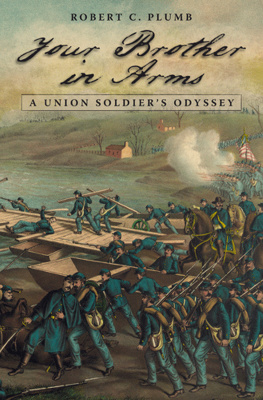
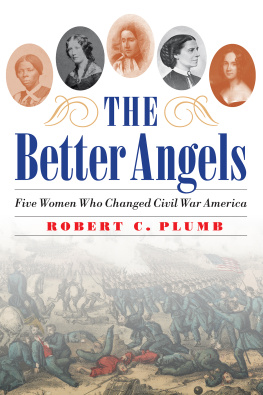

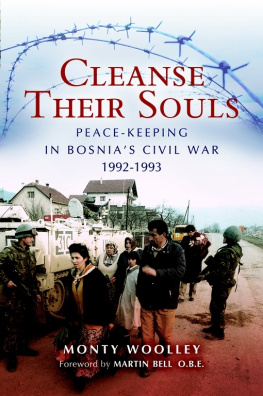
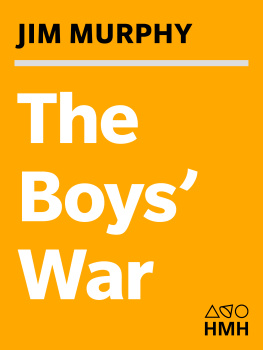
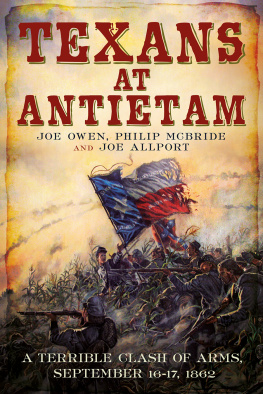
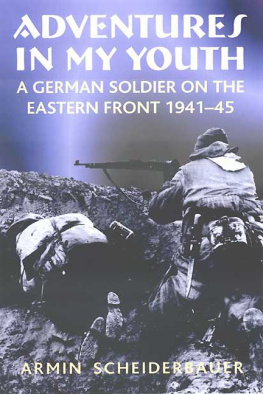
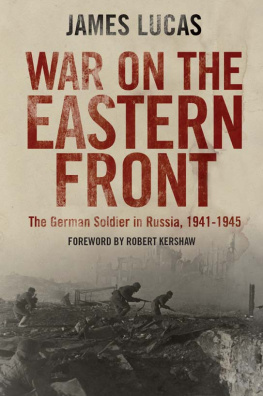

 This paper meets the requirements of the American National Standard for Permanence of Paper for Printed Library Materials, Z39.48, 1984.
This paper meets the requirements of the American National Standard for Permanence of Paper for Printed Library Materials, Z39.48, 1984.